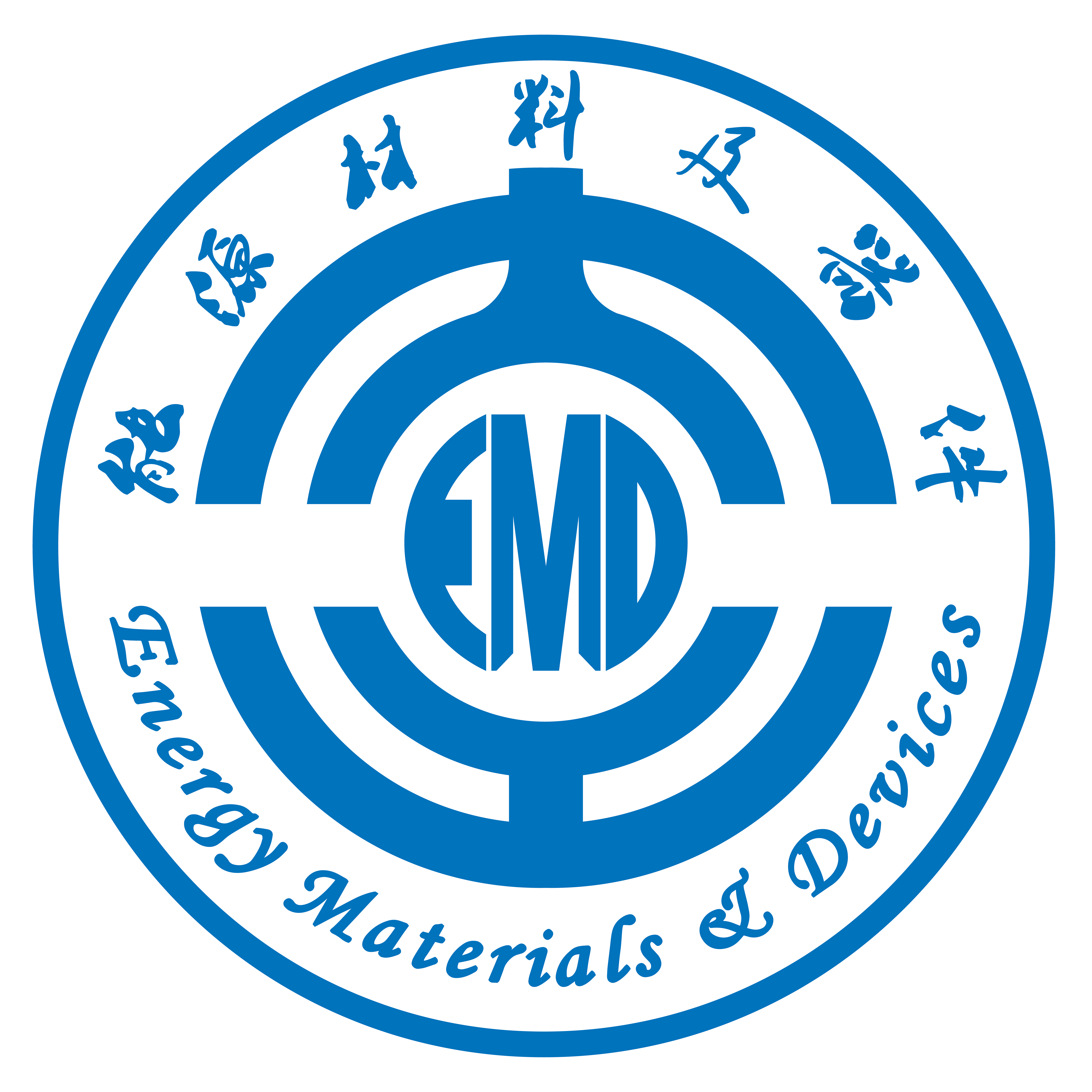Abstract: Efficient, stable and economical catalysts play a crucial role in enhancing the kinetics of slow oxygen reduction reactions (ORR) in Aluminum-air batteries. Among the potential next-generation candidates, Ag catalysts are promising due to their high activity and low cost, but weaker oxygen adsorption has hindered industrialization. To address this bottleneck, Ag-alloying has emerged as a principal strategy. In this work, we successfully prepared Ag-Cu nanoparticles (NPs) with a rich eutectic phase and uniform dispersion structure using plasma evaporation. The increased solid solution of Ag and Cu led to changes in the electronic structure, resulting in an upward shift of the d-band center, which significantly improved oxygen adsorption. The combination of Ag and Cu in the NPs synergistically enhanced the adsorption of Ag and the desorption of Cu. Density functional theory (DFT) calculations revealed that Ag-Cu25 NPs exhibited the smallest limiting reaction barrier, leading to increased ORR activity. To further optimize the catalyst’s performance, we utilized N-doped porous nanocarbon (N-PC) with high electrical conductivity and abundant mesoporous channels as the support for the Ag-Cu NPs. The N-PC support provided optimal mass transfer carriers for the highly active Ag-Cu25 NPs. As a result, the Ag-Cu25/NPC catalyst displayed excellent ORR activity in alkaline media, with a half-wave potential (E1/2) of 0.82 V. Furthermore, the Al-air battery incorporating the Ag-Cu25/NPC catalyst exhibited outstanding electrochemical performance. It demonstrated high open-circuit voltages of 1.89 V and remarkable power densities of 193 mW cm-2. The battery also sustained a high current output and maintained a stable high voltage for 120 hours under mechanical charging, showcasing its significant potential for practical applications.
https://doi.org/10.1016/j.jechem.2023.07.014

